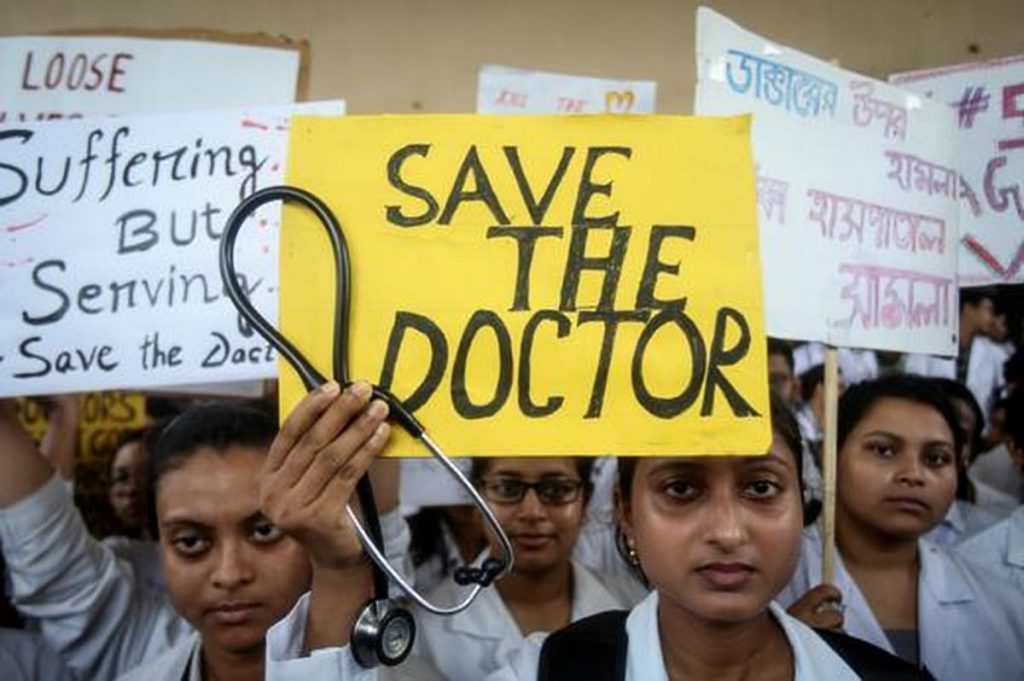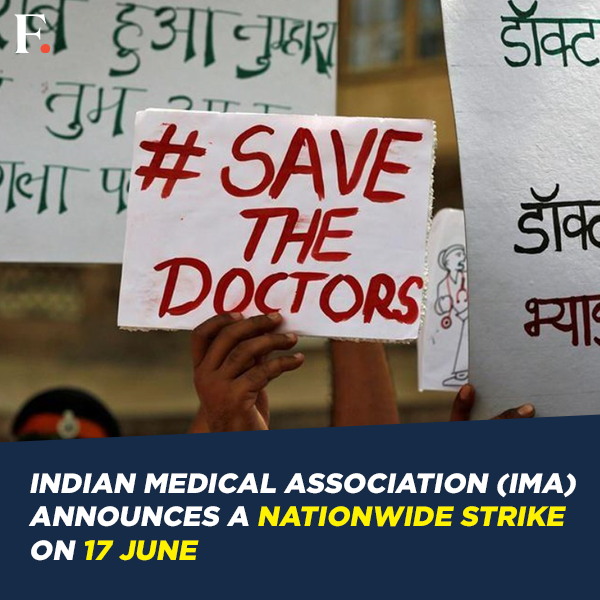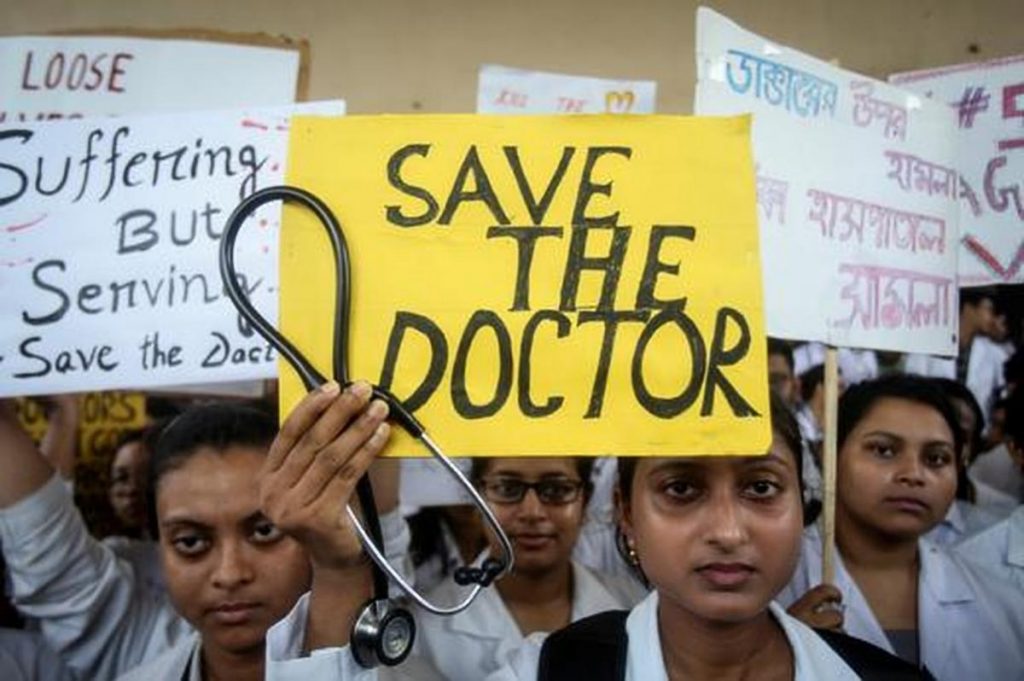
Pune Doctors Strike Over BHMS Policy: A Nationwide Crisis Unfolds
The recent uproar in Pune over the government's decision to allow BHMS practitioners to prescribe modern medicine has become the epicenter of a larger healthcare crisis. While the Indian Medical Association (IMA) Pune has issued a 72-hour ultimatum, the incident echoes a national wave of doctor protests and rising violence in hospitals.
A Brutal Assault That Sparked National Outrage
This movement traces back to a horrific assault in Kolkata where Dr. Paribaha Mukhopadhyay, a junior doctor at NRS Hospital, was brutally attacked by the relatives of a deceased patient. Though uninvolved in the patient's care, he suffered a fractured skull and underwent emergency craniotomy. The event turned the hospital into a battleground and triggered a solidarity strike across India.
Doctors Across India Join In Solidarity
Over 800,000 doctors participated in a national walkout demanding better working conditions and protection from violence. Hospitals from Delhi to Chennai saw symbolic black band protests and OPD shutdowns.
- AIIMS doctors wore helmets during duty to highlight insecurity.
- Resident doctors across the country demanded zero-tolerance policies against attacks.
- Doctors demanded that violence against medical staff be made a non-bailable offense.
Why Are Tensions Rising in Hospitals?
According to the IMA, 75% of doctors report verbal abuse and 12% face physical violence. The core issues include:
- India has 1 doctor per 11,000 people, well below the WHO standard of 1:1,000.
- Hospitals are overcrowded, under-equipped, and lack security staff.
- Doctors work 18+ hours a day under stressful conditions with little infrastructure.
What Happened in Pune?
The IMA Pune chapter opposes the state’s policy to allow BHMS doctors with a 6-month bridge course (CCMP) to practice allopathy. They claim it dilutes healthcare standards and puts patient safety at risk.
The doctors have:
- Given a 72-hour ultimatum for policy rollback.
- Planned a 24-hour OPD shutdown if demands are unmet.
- Called for immediate state intervention and legal reforms.
Real Stories, Real Struggles
Doctors like Dr. Rajan Sharma (IMA) and Dr. Amarinder Malhi (AIIMS) have voiced that the system is broken. They stress that medical professionals are healers, not fighters. “We’re trained to save lives, not for combat,” Sharma said.
Resident doctors are being given self-defense training in cities like Delhi—highlighting how deep the problem runs.
People Also Ask
- Why are Pune doctors on strike?
They oppose the state’s decision to let BHMS doctors prescribe allopathic medicines through a 6-month course. - What triggered the national strike?
A violent assault on a doctor in Kolkata sparked solidarity protests across India. - How bad is violence against doctors in India?
75% face abuse, 12% suffer physical attacks, mostly due to overcrowding and emotional breakdown of patient relatives. - What are doctors demanding?
Security in hospitals, non-bailable offense laws, better working conditions, and withdrawal of the CCMP policy.
Conclusion
The Pune doctors' strike is more than a local protest—it's a reflection of a broken system across India. Overcrowded hospitals, overworked doctors, and emotional families are a volatile mix. Without urgent reforms and legal protection, India risks losing faith in its medical infrastructure. Doctors deserve to heal without fear.
Why Independent Journalism Matters
As The Guardian reminds us, reader-funded journalism keeps these vital stories alive. It ensures the public gets facts—not fear. If you value such reporting, support platforms that prioritize truth and public interest over profit.
For real-time healthcare, metro, and civic news in Pune, stay tuned to UrbanPune.in.
Gallery



Comments